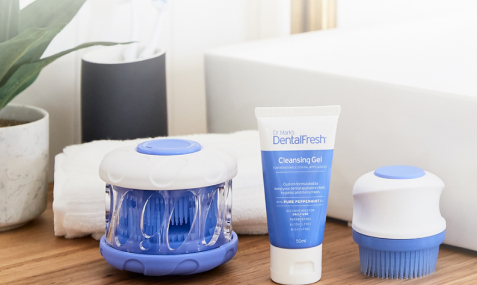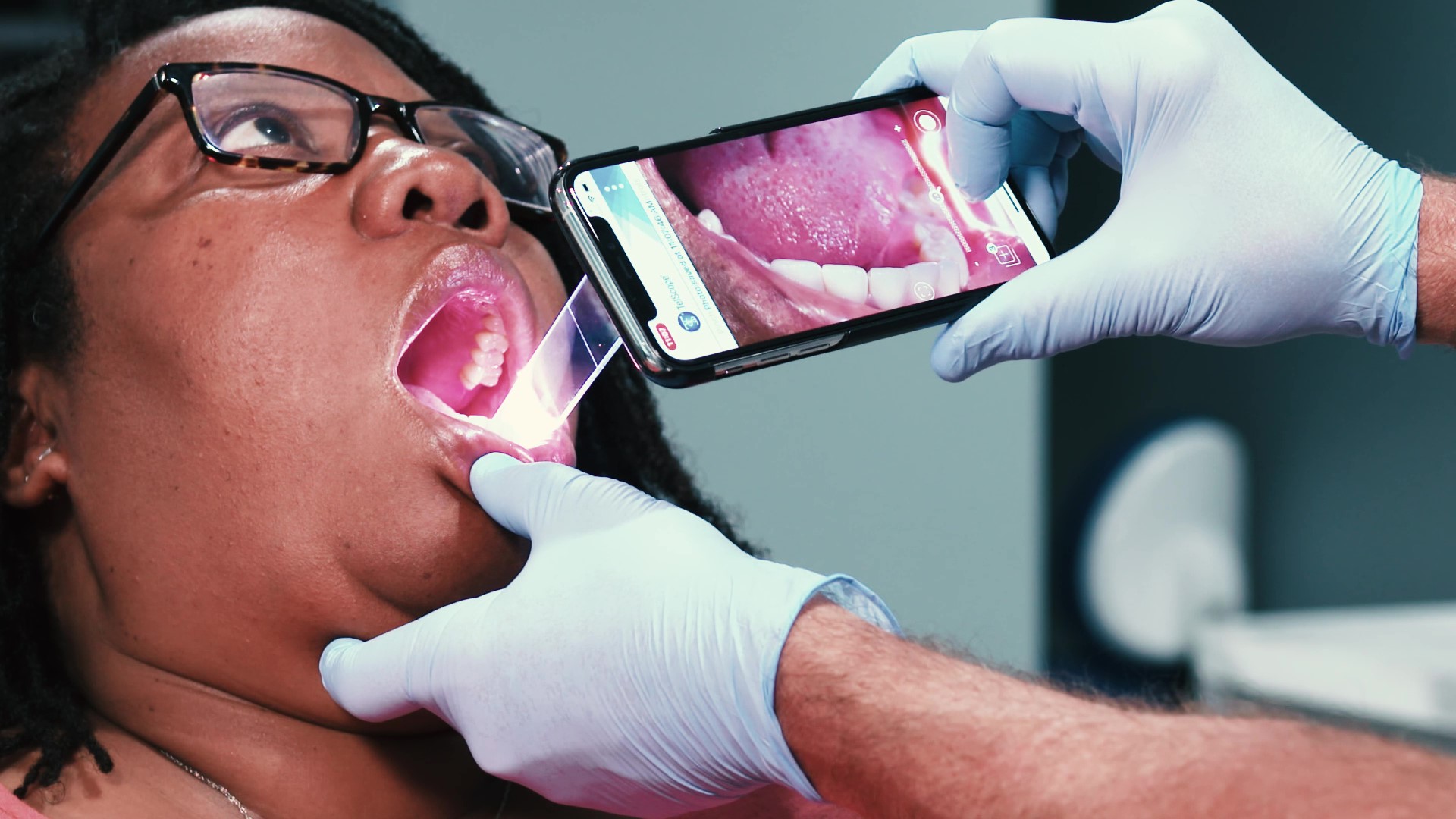Poor oral hygiene and inadequate teeth brushing can have detrimental effects on individuals with diabetes, exacerbating the condition and leading to various complications. Diabetes is a chronic condition that affects the body’s ability to regulate blood sugar levels, and when oral hygiene is neglected, it can contribute to worsening diabetes control.
One of the key concerns is the increased risk of gum disease. Poor oral hygiene allows plaque, a sticky film composed of bacteria, to accumulate on the teeth and gums. This plaque buildup can lead to inflammation and infection in the gums, known as gingivitis, which, if left untreated, can progress to periodontitis. Gum disease can cause the blood sugar levels to rise, making diabetes management more challenging. In turn, elevated blood sugar levels can further weaken the immune system, making it harder to fight off infections and worsening the gum disease.
Furthermore, individuals with diabetes may be more prone to dry mouth, a condition characterized by reduced saliva production. Saliva helps neutralize acids, wash away food particles, and prevent tooth decay. When there is insufficient saliva, the risk of tooth decay and oral infections increases. Poor oral hygiene and inadequate teeth brushing can further exacerbate these problems, leading to more severe dental issues like cavities, tooth loss, and oral infections.
In addition to the direct impact on oral health, poor oral hygiene can also have indirect consequences for diabetes management. Infections in the mouth, such as gum disease or oral infections, can cause stress on the body and lead to increased blood sugar levels. The elevated blood sugar levels, in turn, can make it more challenging to control diabetes and maintain stable glucose levels.
To mitigate these risks, individuals with diabetes should prioritize good oral hygiene practices, including regular and thorough teeth brushing. Brushing at least twice a day with toothpaste, cleaning the gum line and areas between teeth, and incorporating flossing or interdental brushes into the routine can help remove plaque and reduce the risk of gum disease and tooth decay. Regular dental check-ups and professional cleanings are also essential for monitoring oral health and addressing any issues promptly.





